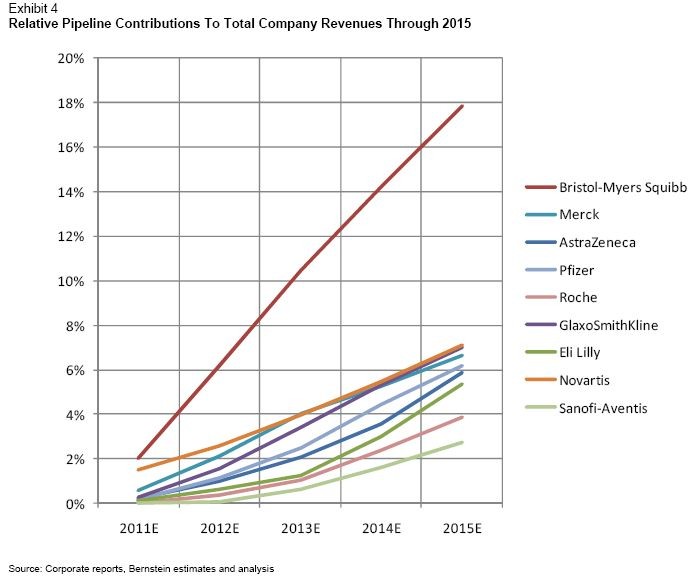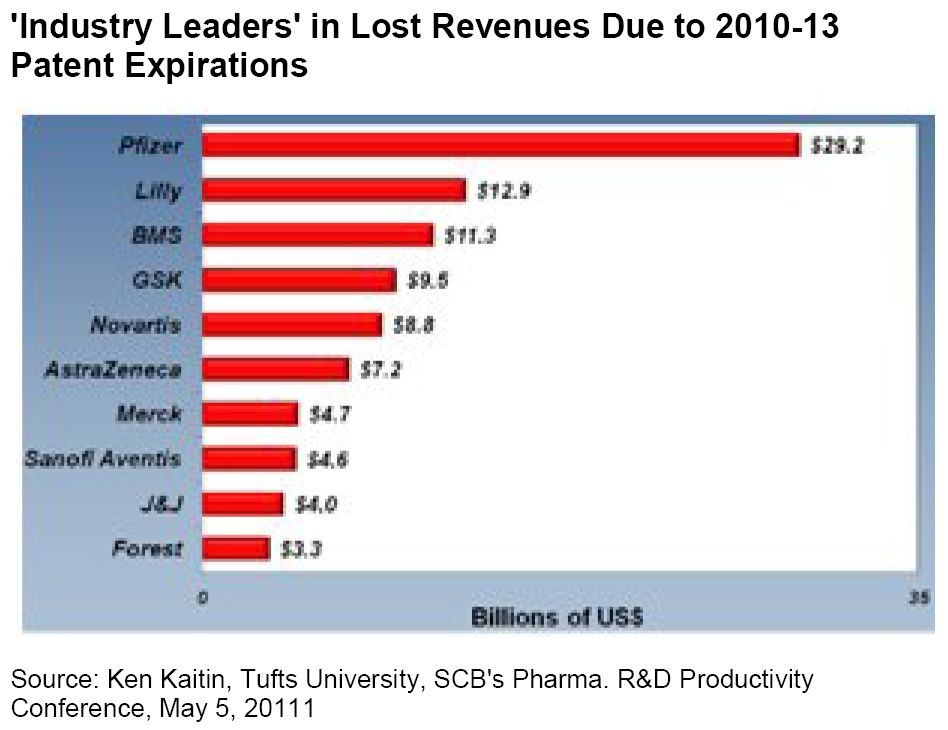Stockpatrol The Hedge Fund Front A System Failure in the Making
Post on: 16 Март, 2015 No Comment

News and Commentary
July 19 2007
The barn door is wide open – and the federal government is concerned. Last week, a Treasury Department official warned legislators that steps need to be taken to reduce the likelihood that a systemic risk event could occur in the private equity pools of capital industry.
In other words – government-speak aside – if hedge funds tumble the economy could suffer catastrophic consequences. That should wipe the smiles off of a few faces. After all, hedge funds have been Wall Street’s superstars, rising to unparalleled prominence in the wake of the dot com disaster and helping to fuel an economy that has risen with investor confidence. Is another bubble about to burst?
The government’s cautionary thoughts were offered by Treasury Under Secretary for Domestic Finance, Robert Steel on July 11, 2007. in testimony before the U.S. House of Representatives Committee on Financial Services. While recognizing the many benefits that hedge funds and other private investment vehicles bring to the capital markets, Mr. Steel acknowledged that the growing size and scope of private pools of capital merit appropriate attention, particularly given possible challenges posed by private pools in areas of investor protection and the potential for systemic risk.
The Secretary’s remarks seem timely considering recent tumult at hedge funds, led by the disastrous demise of two Bear Stearns hedge funds that bet on the sub prime mortgage market and lost big. But while the observations may be opportune, efforts to address systemic problems may be far too late to help investors who have, or are about to feel the effects of improvident hedge fund positions.
As StockPatrol.com recently pointed out, the Bear Stearns fund failures may simply be the opening act. See, Is The Sky Falling? Sub prime mortgages may continue to drag fund values downward – but they represent only one of the myriad illiquid investments that hedge funds have found so appealing. Consider this thought from Under Secretary Steel:
Innovations in financial products, such as complex derivatives and other structured products are expanding the ways in which market participants, such as hedge funds, can apply leverage. A concentration of market positions and high leverage may lead to market disruptions and illiquidity if traders simultaneously unwind their positions. Consistent with the growing complexity and often illiquid nature of these innovative products is the difficulty in valuing these securities.
Hedge fund managers are typically rewarded based upon fund value, so inflated asset values can trigger higher fees. Since illiquid assets, by definition, have scant independent market, fund managers have had the luxury of placing high arbitrary values on them, and whistling in the dark while the economy remained strong. As the investing public is rapidly learning, hedge funds increase their value by borrowing additional money and using their portfolios – including shaky illiquid holdings like sub prime mortgages – as collateral.
As Under Secretary of Steel advised Congress, hedge funds have proliferated at an astonishing pace, doubling over the past five years, capturing an estimated 50% of current trading volume, and accounting for approximately $1.4 trillion in assets. The Under Secretary lauded hedge funds as significant providers of liquidity in our marketplace, making our markets attractive to investors, but with this caveat: The scale, complexity and dynamic nature of these business models and their investment strategies emphasize why we believe heightened vigilance is necessary. Managers are now relying more heavily on the use of leverage, transaction volumes are increasing, and the impact of hedge funds on markets continues to grow.

The government would appear to be painfully aware of that trend. As Under Secretary Steele noted, some concerns exist about indirect exposure of less sophisticated investors to hedge funds through their pension fund investments. Consequently, he pointed out, investment fiduciaries, such as pension funds managers, have a responsibility to perform due diligence to ensure that their investment decisions on behalf of their beneficiaries and clients are prudent and conform to established sound practices consistent with their responsibilities.
The federal government, according to this testimony, encourages hedge funds to provide accurate, timely information to investors. But, in a nod to hedge fund managers, who thus far have avoided many of the rigors of regulation, he stopped short of urging full disclosure. [T]his need for transparency and disclosure should not go so far as to materially discourage innovation in the marketplace. There needs to be some balance regarding disclosure. For example, we need to respect sensitive proprietary information, and individual positions should not necessarily be expected to be disclosed.
Is that enough? Without detailed disclosure, including the nature of positions and the method of valuation, investors will remain in the dark. The extent of proprietary positions or investor concentration can be a critical element of the due diligence process. Participants in the Horizon ABS Fund may have been far less sanguine about the liquidity of their money if they had been aware that a single investor accounted for a quarter of the fund’s purported $650 million in assets.
The government appears to see the potential pitfalls and problems – and to recognize that regulators have the ability to check abuses under existing anti-fraud statutes. But those laws often address failure to disclose material information – and hedge funds are subject to few traditional disclosure obligations. We would appear to be well past the time for studies and commissions or a protracted process that ignores the urgency of the situation. Until transparency means investors get a clear, unobstructed view of hedge fund investments, the picture will remain opaque, as will the prospect of that systemic event the Under Secretary fears.
IF YOU HAVE QUESTIONS OR COMMENTS FOR STOCKPATROL.COM, CONTACT US AT editor@stockpatrol.com
All content 2006 StockPatrol.com. All rights reserved.














